Table of Contents
TRANSCRIPT
Some people claim tea helps with fat burning, and some believe you can sip on it endlessly without worrying about the expiration date.
Is that true?
Does tea dehydrate you?
The notion that tea dehydrates you is like an urban legend – it’s widespread, but the truth is more complex.
The dehydration myth mainly revolves around caffeine, a diuretic found in many teas. Diuretics increase urine production, which, in theory, could lead to dehydration.
While it’s true that caffeine is a diuretic, the amount in most teas is quite modest compared to a strong cup of coffee. This means the diuretic effect of tea is much less. For tea to significantly increase urination, you’d need to drink it in large amounts.
Studies suggest that moderate caffeine intake – about 3-6 cups of tea per day – doesn’t dehydrate you. The water content in tea contributes to your daily fluid intake, keeping you more hydrated than you might think.
Remember, balance is essential. If you’re particularly sensitive to caffeine, or if you’re indulging in stronger brews, it’s good to be mindful of your intake.
Read more: Can dehydration cause chest pain?
Do all teas have caffeine?
This is false – herbal tea is the chill, caffeine-free tea in the tea family. Regular teas, like black, green, white, and oolong varieties, all originate from the leaves of the Camellia sinensis plant.
The magic lies in how these leaves are processed – from the minimal processing of white tea to the full oxidation of black tea.
Herbal teas, however, are the creative blend of anything but the traditional tea plant. Think flowers like chamomile, leaves like peppermint, roots like ginger, or even fruits and spices.
Regular teas come with a caffeine kick. The content varies – a robust black tea might wake you up with around 40–70 milligrams of caffeine per cup, while green tea gently nudges you awake with about 20–45 milligrams.
In contrast, herbal teas are naturally caffeine-free. They’re your go-to for a peaceful evening or a soothing, stress-free break.
Read more: Is tea safe during pregnancy?
Tea doesn’t have an expiration date?
Tea doesn’t expire like a carton of milk. However, it doesn’t mean your tea will be in its prime forever.
Tea’s timeline isn’t marked by a rigid expiration date but rather a ‘best before’ date. This subtle distinction pivots on quality, not safety. Over time, the charisma of your tea – its flavor, scent, and vigor can be lost.
One study delves into this phenomenon, examining the lifespan of tea’s antioxidants under commercial storage conditions. It found that these antioxidants, the important contents of your tea’s health benefits, have their ticking clock. For about three to four months, they stand strong. But as the days roll into six months and beyond, up to a 60–75% loss is seen after about a year, particularly in black and green teas.
Yet, white tea, with its tannin-rich profile, and oolong tea, with its enduring qualities, resist this decline better.
Proper storage is key to extending tea’s shelf life. Tea should be kept in a cool, dark place, away from direct sunlight, moisture, and strong odors. Avoid keeping tea in airy and humid places as they can lead to stale flavors and even mold growth in extreme cases. Airtight containers are your best solution.
For the best cup, it’s recommended to consume tea closer to its ‘best before’ date. Fresh tea equals more vibrant flavors and aromas.
Read more: Why you should quit drinking soda?
Drinking green tea burns fat?
Green tea and its fat-burning prowess can’t do the work for you, but they sure can help make your weight-loss efforts more effective.
Green tea is a powerhouse of antioxidants, notably catechins, with EGCG (or epigallocatechin gallate) being the standout. Coupled with caffeine, they work together to possibly boost thermogenesis. Thermogenesis is the body’s way to generate heat, which burns calories. It’s like stoking a fire inside you, revving the body’s internal furnace to burn more energy.
One study explored how green tea extract impacts fat oxidation and glucose tolerance. They found that men who took green tea extract before exercising burned 17% more fat than those who didn’t. It’s like giving your body’s fat-burning ability a gentle nudge.
Another exciting aspect is green tea’s potential effect on insulin sensitivity. Improved insulin sensitivity means your body can manage sugar better, which is good for your blood sugar levels, diabetes, and overall health.
Read more: 15 Fruits Good for Weight Loss and 5 Fruits To Avoid
Black tea has the most caffeine?
Black tea is not the most caffeinated tea, but it does have high levels of caffeine. Generally, black tea contains more caffeine than other types of tea, like green or white tea, but less than a typical cup of coffee.
On average, a cup of black tea has about 40–70 milligrams of caffeine, compared to green tea, which usually has around 20–45 milligrams. But here’s where it gets interesting—-the caffeine crown in the tea realm goes to matcha.
This finely ground green tea powder can deliver up to 70 milligrams of caffeine per serving. However, the caffeine content in tea can vary widely depending on factors like the specific type of tea, where it’s grown, and how it’s brewed. Steeping your black tea longer or using hotter water can extract more caffeine.
Read more: Does caffeine lower blood sugar?
Bonus: Is matcha or coffee better for focus?
Both drinks are great for focus, but they hit differently.
Matcha offers a more mellow buzz, thanks to L-theanine, which promotes calm and focus with fewer jittery side effects of coffee.
Coffee, on the other hand, is the heavyweight champion of caffeine, giving you a quicker, more intense boost.
Therefore, if you want a gentle push towards focus, go for matcha. If you need a strong energy kick, try coffee.
Read more: Nutrition and other health benefits of matcha
Summary
About 3-6 cups of tea per day – doesn’t dehydrate you
It is not true that all teas have caffeine
Tea doesn’t expire like a carton of milk. However, it doesn’t mean your tea will be in its prime forever.
Green tea and its fat-burning prowess can’t do the work for you, but they sure can help make your weight-loss efforts more effective.
Black tea is not the most caffeinated tea, but it does have high levels of caffeine.
Both matcha and coffee and are great for focus, but they hit differently.
- How Much Water Should a Pregnant Woman Drink?
- Can You Drink Water While Fasting? Foods and Drinks To Avoid
- Avocado Chocolate Mousse – A Delicious and Healthy Dessert Recipe





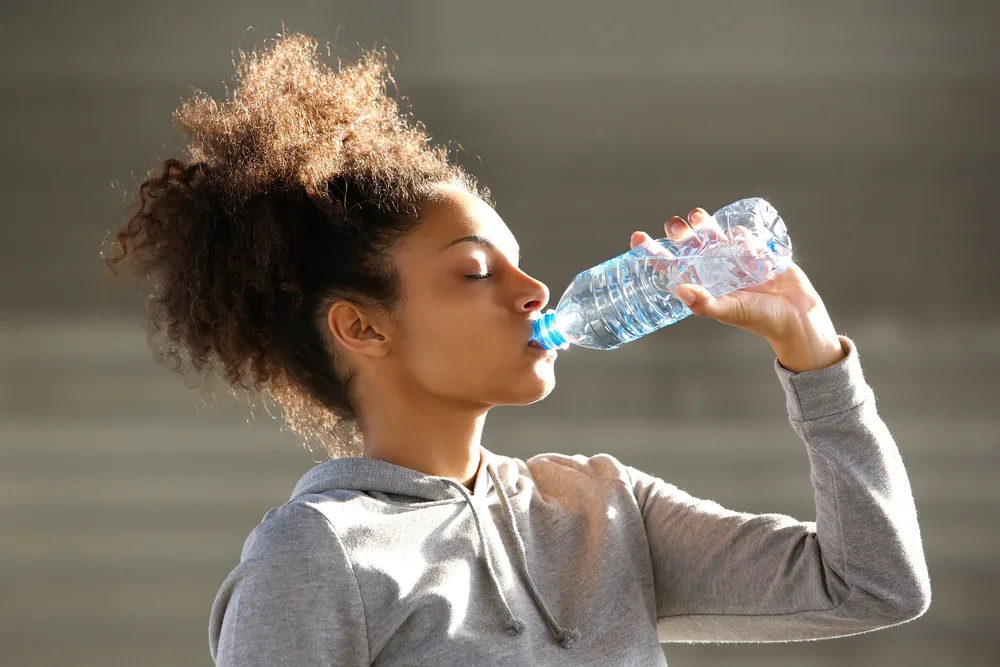

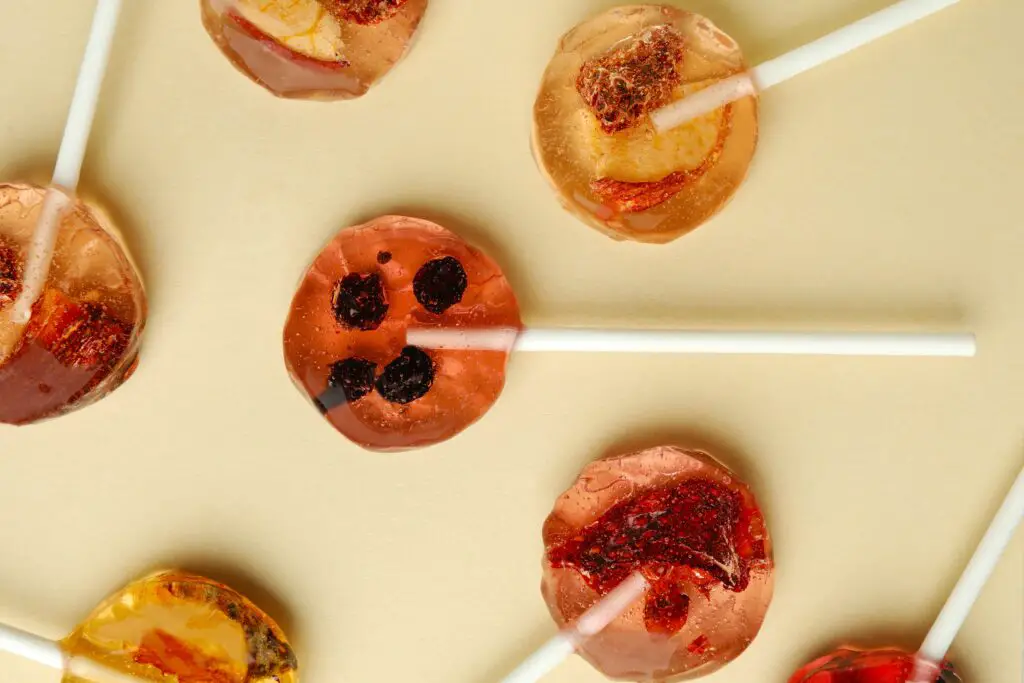
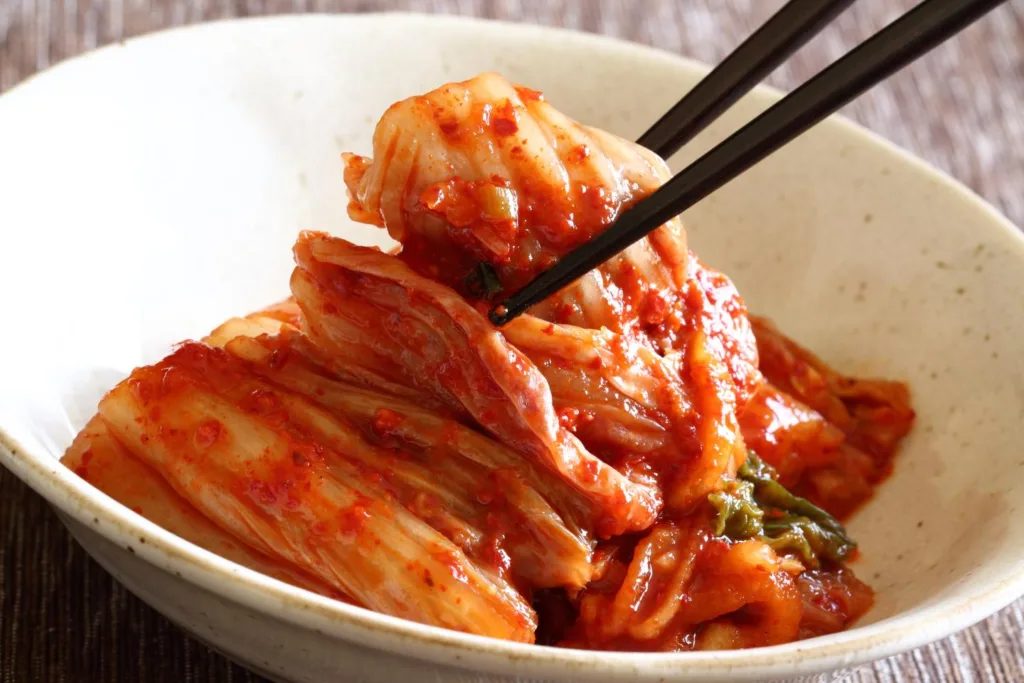
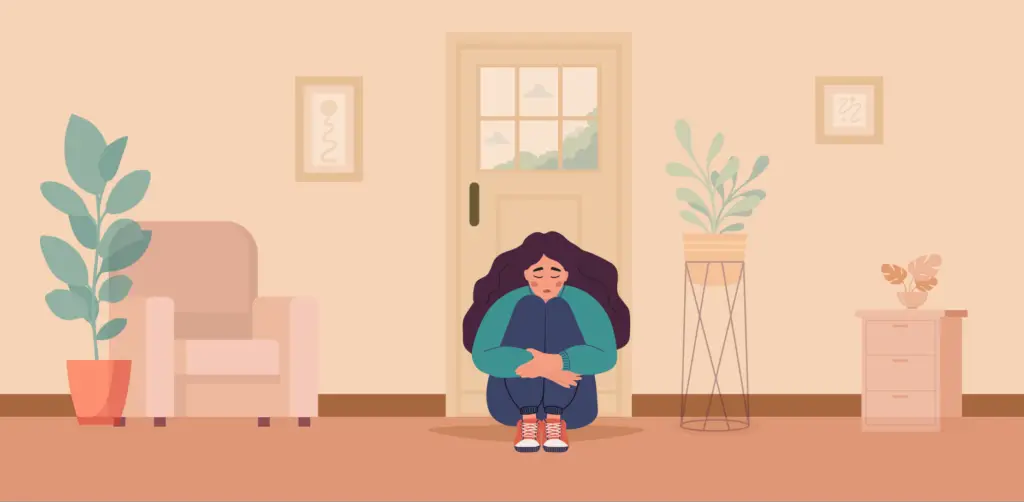





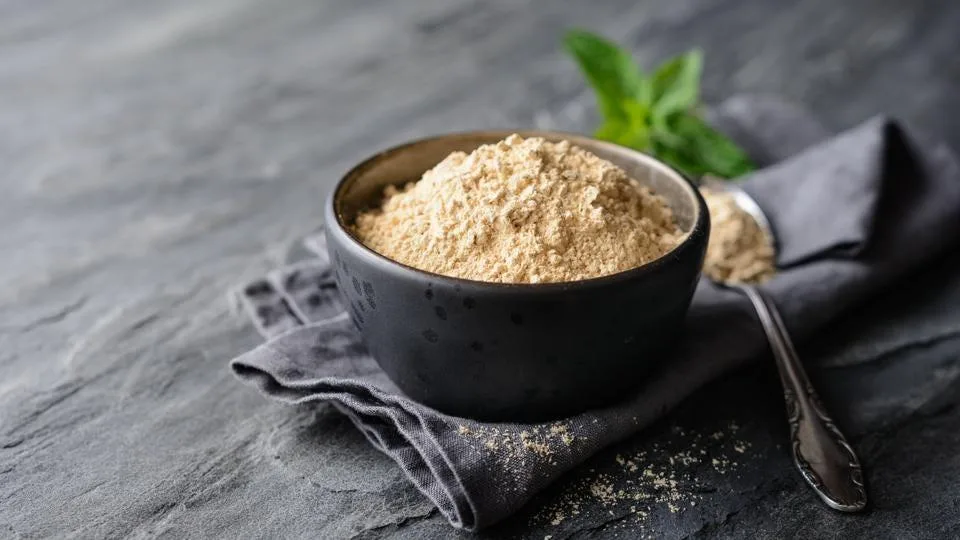
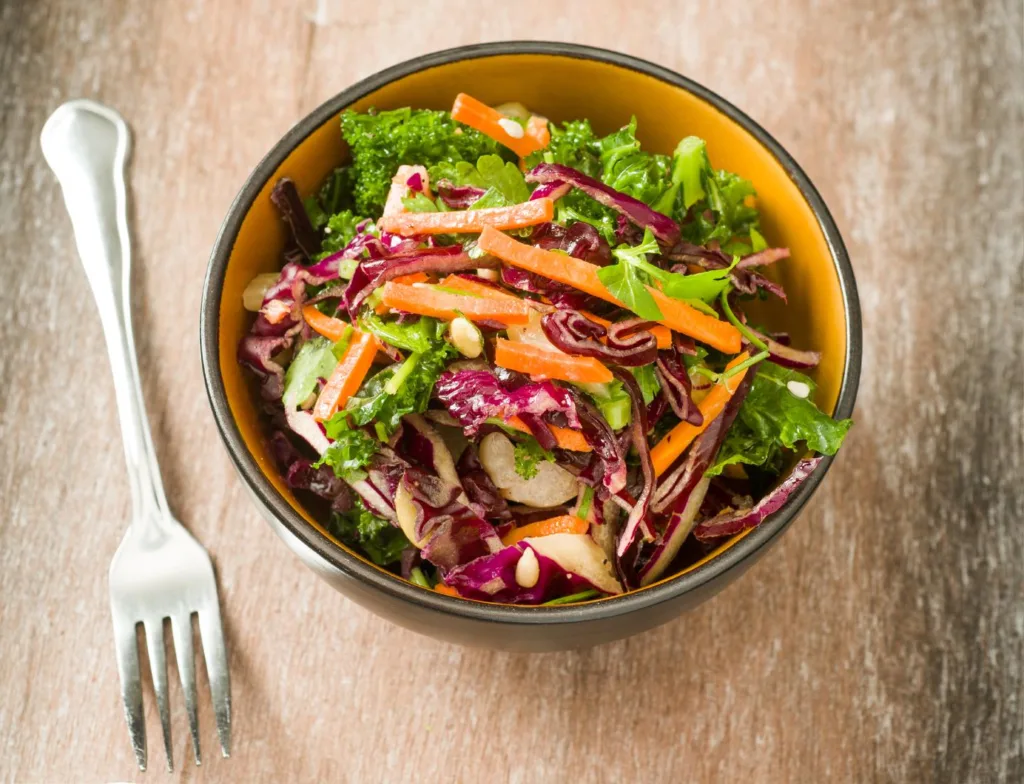
Comments
0